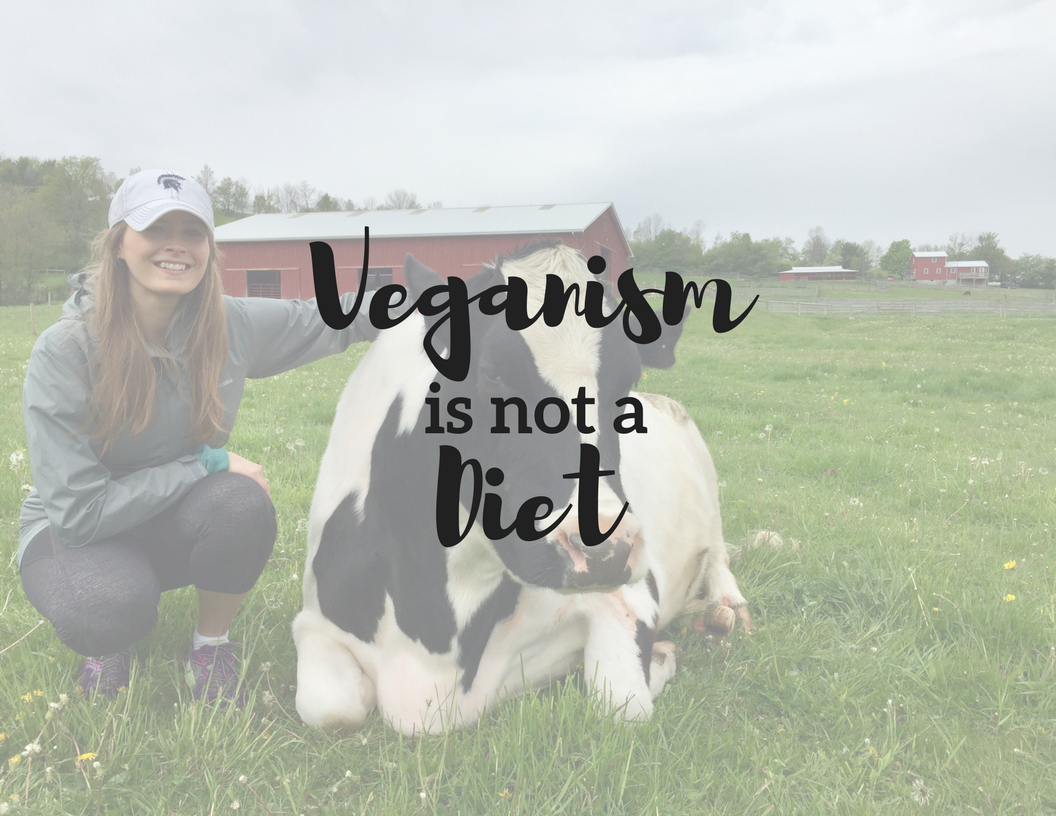It happens more and more often to read or hear people explaining, “I occasionally eat vegan, I like it.” For goodness sake, it may well please them, if only because they are not yet another person who opposes this choice or who talks about it as if it were one of the seven plagues of Egypt. However, to stop and think for a moment, it is a sentence that shows a soft side of the communication about veganism.
Veganism, which was officially named in the 1940s thanks to a former vegetarian (Donald Watson) but whose philosophical roots go back much earlier, to ancient Greece, is a political, philosophical movement with an ethical character, and not a food choice, a diet. Of course, coming from us who have a newspaper that deals with, in addition to information, recipes seems a hair counterintuitive, but then we get there.
The vegan diet is really just an inevitable derivation that stems from the political and philosophical will to achieve what was defined by Peter Singer in 1976 as “animal liberation.” It is an argument that rests its foundation on another important, indeed, inescapable assumption: anti-specism. The idea is that man is not at all at the center of the world, but rather an animal (with highly peculiar characteristics) in the midst of other animals (with equally peculiar characteristics). From this it follows that humans do not have the right to imprison, torture and violate the bodies of other animals for purposes other than pure survival, just as a tiger or bear would do to us. The main way through which this now happens is the production of animal food, including milk, eggs and cheese. Then there is the fashion industry, the entertainment industry, and, finally, scientific research and drug production.
As we reach 2024 on our elbows with a climate crisis that is showing all its teeth, we know well and scientifically that women, men and children can live comfortably without eating animal foods and without animal clothing while, at the moment (precisely because of anthropocentrism and scarce funding for research into alternative methods) there are not always alternatives to animal testing for the advancement of scientific knowledge and the treatment of disease.
In short: a big part of how we can politically decide to no longer be part of the speciesist system is to change our diet, the way we dress, and the way we shop. The force we have on our hands (in the West and in the parts of the world where the social assumption in which we move is capitalism) is to not give our money to those who produce by exploiting animals at all junctures where there is a market, including that of used fashion, which is for all intents and purposes a market.
This, however, does not mean that “occasionally eating vegan” is veganism or understanding of the movement, let alone adherence to it. Eating vegan is the inevitable outgrowth of a well-rounded choice that must, in order to be partially effective, start from a basic, very clear awareness and decision: not to participate in the system of animal exploitation.
Does this mean that “eating vegan for a month” or “once in a while” is a useless thing? Not entirely but only if it is prodromal to a willingness to understand why we are doing it by putting the goal of animal liberation first and not the goal of personal health or the albeit very important environmental issue. Veganism is this: a political and philosophical current, first and foremost, a movement of revolution. Its basis and the actions resulting from it, then, have inevitable and holistic consequences on the environment and our health as well because, I said at the beginning, we are animals on a planet that has rules that we have been trying to reverse and bend for hundreds of years.
